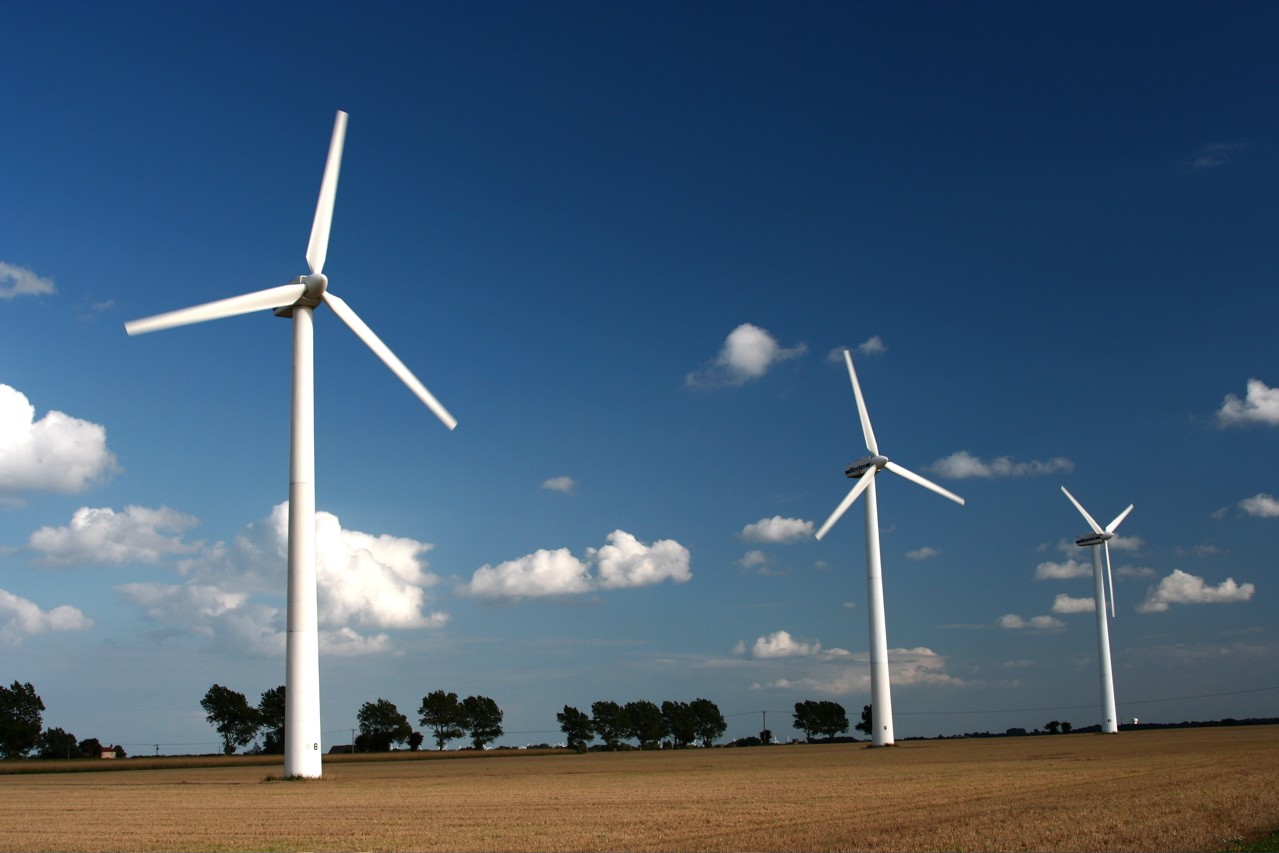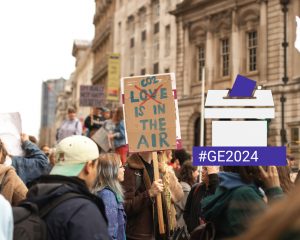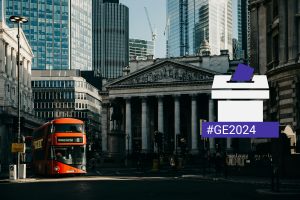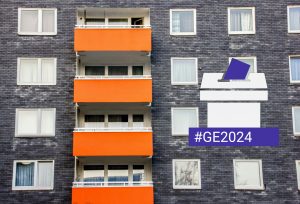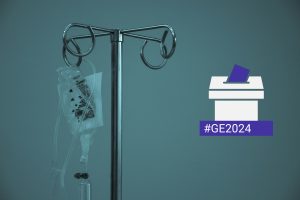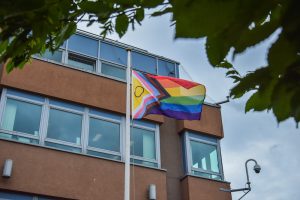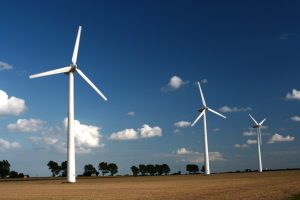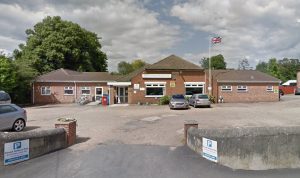Downhamweb can reveal the results of Downham Market Town Council’s climate audit. The previously unpublished report was commissioned in 2020 and assessed the council’s ‘carbon footprint’.
The assessment, produced by King’s Lynn firm ‘Burton Environmental Consulting’, calculated the total amount of greenhouse gas emissions that the town council is responsible for in the calendar year 2019. Carbon Dioxide (CO2) is the most common greenhouse gas, such gasses from human activity are responsible for global warming which is driving the climate crisis. The report expresses its finding in “equivalent CO2”.
The carbon report covers emissions from the activities of the council itself, not the whole town. Totalling 35.69 tonnes of equivalent CO2 for the year 2019, the author characterises the council’s carbon footprint as “roughly equivalent to those of 2 UK households”. The average carbon footprint in the UK is 13 tonnes of CO2 equivalent per person per year.
A breakdown of emissions covers vehicle use, gas heating, electricity and waste. The largest category for the council was the use of gas as heating for the town hall.
Under the heading of waste and recycling, through the council office and town hall, the council is responsible for 0.24 tonnes of CO2. The report shows 11,300 kilograms of waste from these buildings over the year, 37.6% of which went to recycling. Overall recycling rates in West Norfolk were 42.5%.
The UK government has committed in law to the country becoming carbon ‘net zero’ by 2050. Net zero means all greenhouse gas emissions are balanced by removing the same amount of emissions, through planting trees or other methods. Cutting emissions themselves is a necessary part of reaching net zero. The West Norfolk Borough Council announced in 2020 their commitment to net zero for the council’s own emissions by 2030, and the borough as a whole by 2050. DMTC has not announced a net zero goal.
Several recommendations to reduce emissions are made in the report. To address emissions from electricity usage, the council was advised to reduce usage or switch to a ‘green contract’ electricity supplier which uses renewable sources, such as wind farms and solar generation.
To address the emissions from natural gas, the council were recommended to improve the efficiency of the town hall gas boiler or the insulation of the building.
Since the report, the town council has had work done on the town hall. The boiler has been made to be more efficient, and insulation has been added to the town hall roof.
Alistair Kent, a committee member of Fenland and West Norfolk Friends of the Earth group, praised the council for carrying out an audit of their carbon footprint but calls for them to do more. Mr Kent questions “whether DMTC has any plans to address the much bigger question of the town’s carbon emissions” and suggests the council “can lead by example and actively encourage others to address their own carbon emissions”.
In response to calls for addressing the wider town’s carbon emissions, the town council raises that it has reopened the water fountain on the Town Square hoping to reduce single-use plastics, and gave out free wildflower seeds at the recent coronation rather than commemorative coins. The council also claims that peat-free compost is used by vendors on the market. However, the council’s market trader licence still permits so-called “sustainable” peat. The council says they “continue to strive for further improvements”.
Cutting carbon emissions is necessary for the UK, and all countries, to meet their agreement to limit global warming to 2ºC above pre-industrial levels and to aim to keep it below 1.5ºC. Scientists say the earth may exceed the 1.5ºC goal within the next five years but that urgent efforts are still necessary.
Update: DMTC voted in December 2021 to commit to a 24 month “green” electricity contract. This was not mentioned when downhamweb asked DMTC which report recommendations had been taken on.

